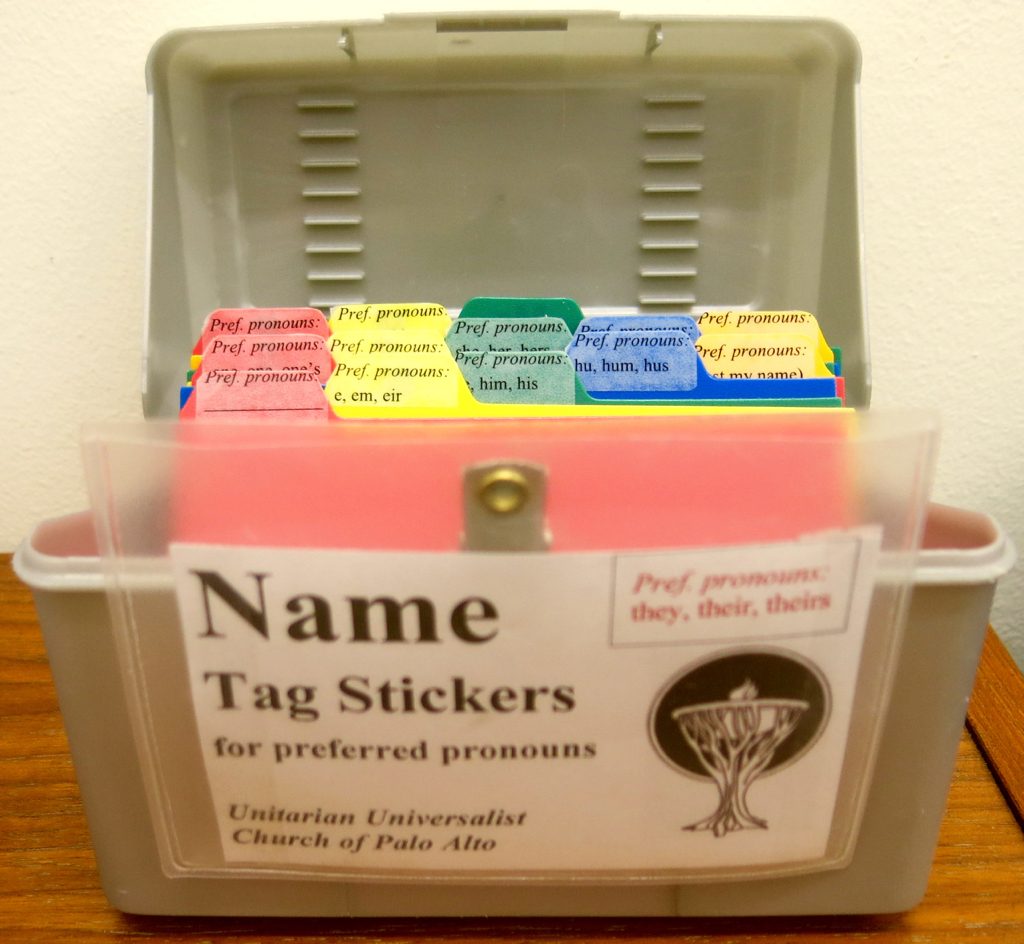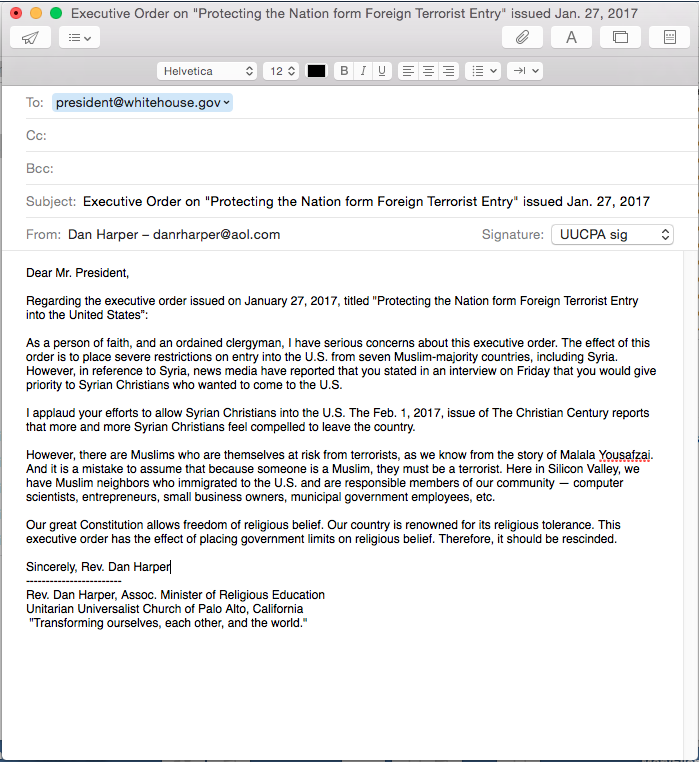You can find tones of books about grief, but (speaking as a minister) I haven’t seen a short practical guide to grief — the practical things I find myself saying to lots of people right after someone close to them (spouse, parent, child, sibling, etc.) has died.
Everyone is different and experiences grief differently, but many peole experience the following:
— The first seven to ten days after the death, the grief is pretty raw. You may find yourself bursting into tears at the slightest provocation; and if you find yourself laughing at some memory the next instant, that’s normal too. It often helps to be with family, or if you don’t get along with family, then to be with good friends. You know how Jews sit shiva for a week after someone dies? That makes total sense. If you only get two or three bereavement days off from work, still you can cancel all your other commitments.
— After the initial shock and raw grief, numbness sets in for most of us (thankfully) for about three months. The grief is still there, but you can pick up with your ordinary life — although from the outside you may look a little out of it at times.
— When that initial numbness wears off, often about three months after the death, that can be the toughest time. Co-workers, friends, and family often expect you to have moved on with your life, and no one is bringing you dinners at home, or treating you extra gently. But here’s the grief, coming in waves, back again as strong as ever. Because grief tends to come in waves, so you might be fine one minute, than overtaken by a wave of grief the next. Be careful when driving!
— For most people, grief lasts about 18 to 24 months. The first year is often the hardest, and the first anniversary of the death can be very tough indeed. In fact, do yourself a favor, and don’t plan anything big on the first anniversary of the death — or do something like plan to have the gravestone installed, or some other commemorative thing like that.
OK, that’s the basic timeline. Remember, grief comes in waves, so you can be fine one minute, and not very functional the next — one minute you might have energy to start working on a project, or start cleaning the house, or whatever, and the next minute about all you can do is sit and cry.
Remember to eat regular meals, you need the energy. Exercise is a good idea, too. Don’t forget to sleep. Breathing is also a good idea; nice slow relaxing breaths can help a lot.
And of course, the reason I’m finally writing this post is that my dad is about to die. So this is a good way of reminding myself of what I need to pay attention to.




